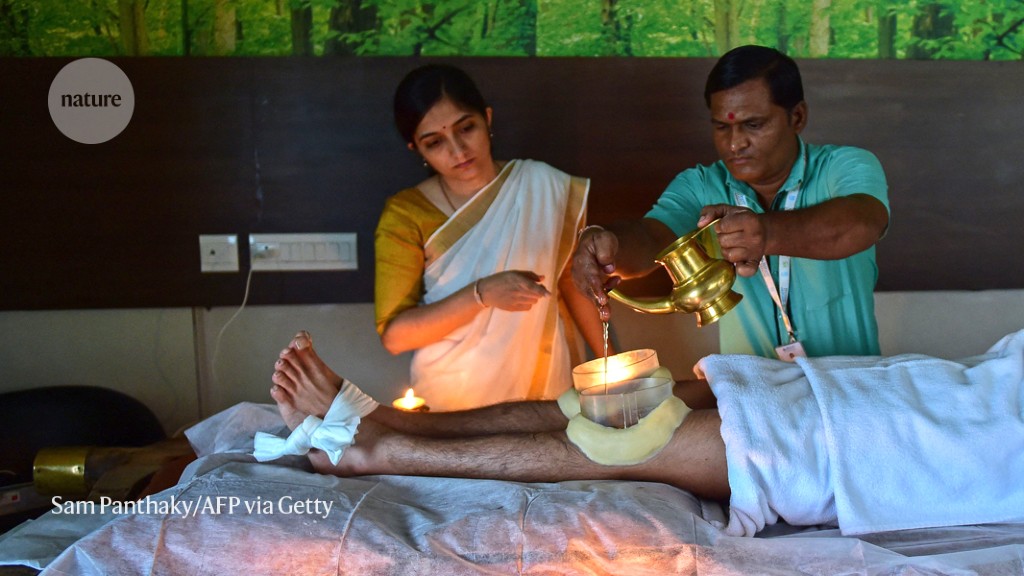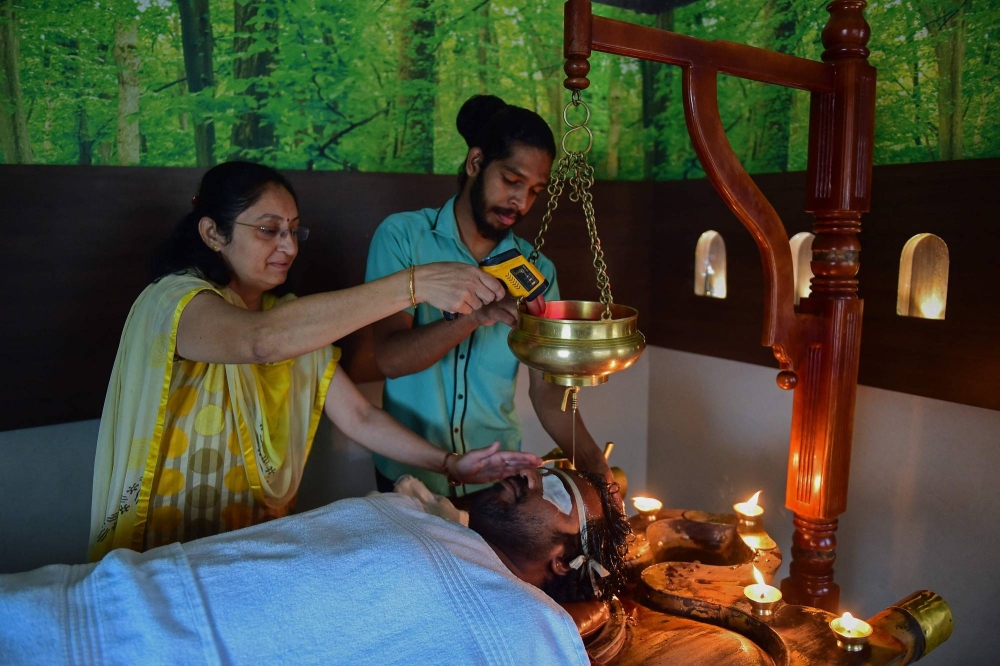The World Health Organization (WHO) marked a huge achievement by convening its inaugural global summit on traditional medicine in Gandhinagar, Gujarat, India.
This two-day event, co-hosted by WHO and the Ministry of Ayush, brought together experts, policymakers, traditional medication practitioners, and health workers to discuss the potential of traditional healing practices in enhancing global health and well-being.
The summit took place on August 17 and 18, 2023, alongside the G20 Health Ministers meeting, reflecting the growing interest and recognition of traditional medicine’s role in healthcare.

Also Read: WHO Declares Eris a Covid ‘Variant of Interest’
Sources about G20 Summits (For R&D)
- About G20
- G20 Summit 2023, G20 Member countries, List of Host Nations
- G20 Summit 2023 Member Countries List, Presidency List
- G20 Calendar 2023
- India to hold more than 200 events for 2023 G20 summit
Traditional medicines have served as a foundation of healthcare for ages, frequently being the best option for a millions of individuals all over the world. These practices include a wide range of techniques, remedies, and therapies that have been passed down through cultural traditions and oral histories.
Despite their historical significance, traditional medicines have faced challenges in gaining recognition and acceptance within the modern medical landscape.
While some traditional practices have demonstrated efficacy, others lack scientific validation, leading to concerns about their safety and effectiveness.
The Summit was initiated by Union Health Minister Mansukh Mandaviya and WHO Director-General Dr. Tedros Adhanom Ghebreyesus. The speakers underscored the summit’s goal of bridging the gap between traditional medicine and modern healthcare through evidence-based approaches.
Dr. Tedros emphasized the importance of integrating traditional practices safely and effectively, taking into account the latest scientific evidence. He additionally noticed that incorporating traditional medicine into mainstream healthcare could enhance access to quality healthcare for underserved populations.
Also Read: Vegan Raw Food Influencer Zhanna D’Art Dies of Starvation
The Summit pulled in a different exhibit of participants, including G20 Health Ministers, Regional Directors of WHO, traditional medicine practitioners, and representatives from civil society organizations.
This global participation highlighted the cooperative idea of the occasion, where specialists from different fields met up to share information, trade thoughts, and develop strategies to promote traditional medicine’s role in public health.
The second day of the Summit dove further into the complexities of traditional medicine. Discussions focused on striking a balance between preserving cultural heritage and ensuring that traditional practices are supported by robust scientific evidence.
Nobel laureate and Chair of the WHO Science Council, Harold Varmus, emphasized the need to understand the composition and mechanisms of traditional medicines that prove effective, while also identifying those that lack scientific basis.
This emphasis on evidence-based practices aimed to address concerns about the potential for pseudoscience within the realm of traditional medicine.
Also Read: Cases of Leprosy on the Rise in Central Florida
The summit addressed criticisms that traditional medicine may lack scientific rigor and regulatory oversight. While traditional medicines have been utilized for quite a long time, the absence of standardized scientific validation has raised concerns about their safety and efficacy.
The WHO research chief, John Reeder, highlighted the necessity of holding traditional medicine to the same rigorous scientific standards as other medical fields. This approach would help ensure that any claims made by traditional medicine are backed by reliable evidence.
The Summit additionally gave an opportunity to showcase the role of the newly established WHO Global Centre for Traditional Medicine, which was founded in collaboration with the Government of India.
This center aims to combine ancient wisdom with modern science, fostering innovation and research in the field of traditional medicine.
The center’s mission aligns with WHO’s commitment to promoting traditional medicine’s contribution to global health, universal coverage, and sustainable development.
Also Read: The Mystery of the Mushroom Poisoning in Australia






















